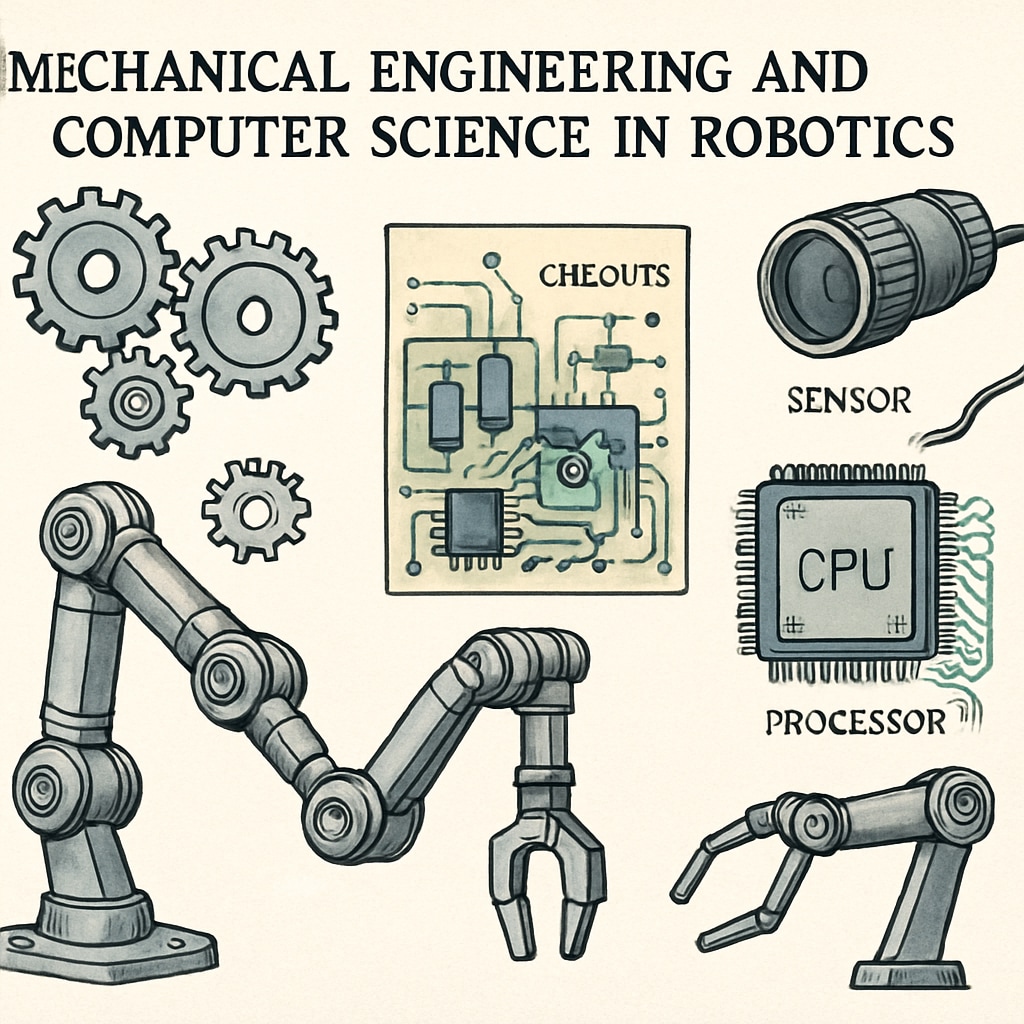Balancing the demands of a mechanical engineering program can be challenging. However, adding an online second degree to your academic journey may be the strategic move that sets you apart in a competitive job market. By pursuing complementary fields like business, computer science, or physics, mechanical engineering students can expand their skill sets and unlock new career opportunities. This article explores the benefits and challenges of obtaining an online second degree and offers strategies for balancing academic workload with career planning.

Why Consider an Online Second Degree?
For mechanical engineering students, the decision to pursue an online second degree often revolves around career development. Engineering is a technical field that benefits greatly from interdisciplinary knowledge. For instance, combining mechanical engineering with a business degree can prepare you for management roles or entrepreneurial ventures. Meanwhile, pairing it with computer science can enhance your ability to work on cutting-edge technologies like robotics or artificial intelligence.
Here are some key advantages of an online second degree:
- Flexibility: Online degrees allow students to learn at their own pace, making it easier to balance with an intensive engineering curriculum.
- Broader Skill Set: An additional degree can provide expertise in areas that complement mechanical engineering, making you more versatile.
- Increased Employability: Employers often value candidates who demonstrate initiative and interdisciplinary skills.
However, there are challenges as well, such as the risk of overburdening yourself academically and financially. Careful planning is essential to make the most of this opportunity.
Top Fields for an Online Second Degree
Choosing the right field for your second degree is critical. Below are some of the best options for mechanical engineering students:
1. Business Administration
A degree in business administration can equip you with the skills to manage projects, teams, and budgets. This is particularly useful if you aim to transition into leadership roles or start your own company. Learn more about business administration here.
2. Computer Science
As technology advances, the integration of software and hardware becomes increasingly important in mechanical engineering. A background in computer science can help you work on innovative technologies like autonomous vehicles or IoT (Internet of Things) devices.
3. Physics
For those interested in theoretical or research roles, a second degree in physics can deepen your understanding of mechanics, thermodynamics, and other foundational principles.
4. Economics
An understanding of economics can be valuable if you’re interested in roles that require strategic decision-making, such as supply chain management or energy consulting. Explore the field of economics here.

Balancing Academic and Career Goals
Pursuing dual degrees is no easy feat, especially when one involves the rigorous coursework of mechanical engineering. Here are some practical tips to manage your workload effectively:
- Create a Structured Schedule: Plan your coursework, assignments, and exams to avoid last-minute stress.
- Utilize Online Resources: Leverage tools like recorded lectures, forums, and digital libraries to enhance your learning efficiency.
- Set Clear Priorities: Focus on courses that align most closely with your career goals to maximize the value of your second degree.
Additionally, seek guidance from academic advisors and industry mentors to ensure your efforts align with long-term objectives. By staying organized and maintaining a clear focus, you can successfully balance the demands of both degrees.
The Long-Term Payoff
The effort of pursuing an online second degree alongside a mechanical engineering program can pay off significantly in the long run. Graduates with dual degrees often have access to a wider range of job opportunities, higher earning potential, and faster career progression. For example, a mechanical engineer with a background in computer science may be better positioned for roles in emerging industries like robotics and automation.
Moreover, the interdisciplinary knowledge gained through dual degrees fosters innovation and adaptability—qualities highly valued in today’s dynamic job market. While the journey may be demanding, the rewards are well worth the investment.
In conclusion, obtaining an online second degree while studying mechanical engineering is a strategic decision that can greatly enhance your career prospects. By carefully selecting a complementary field and managing your workload effectively, you can position yourself for long-term success in the engineering industry.
Readability guidance: The article uses short paragraphs, lists, and transitions to maintain clarity and flow. Key points are summarized under organized headings to improve accessibility.


